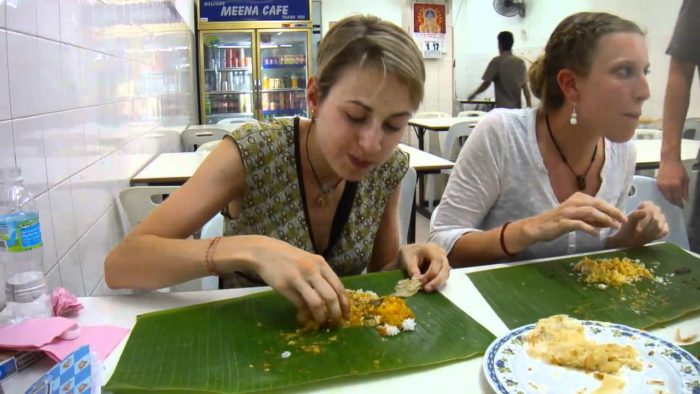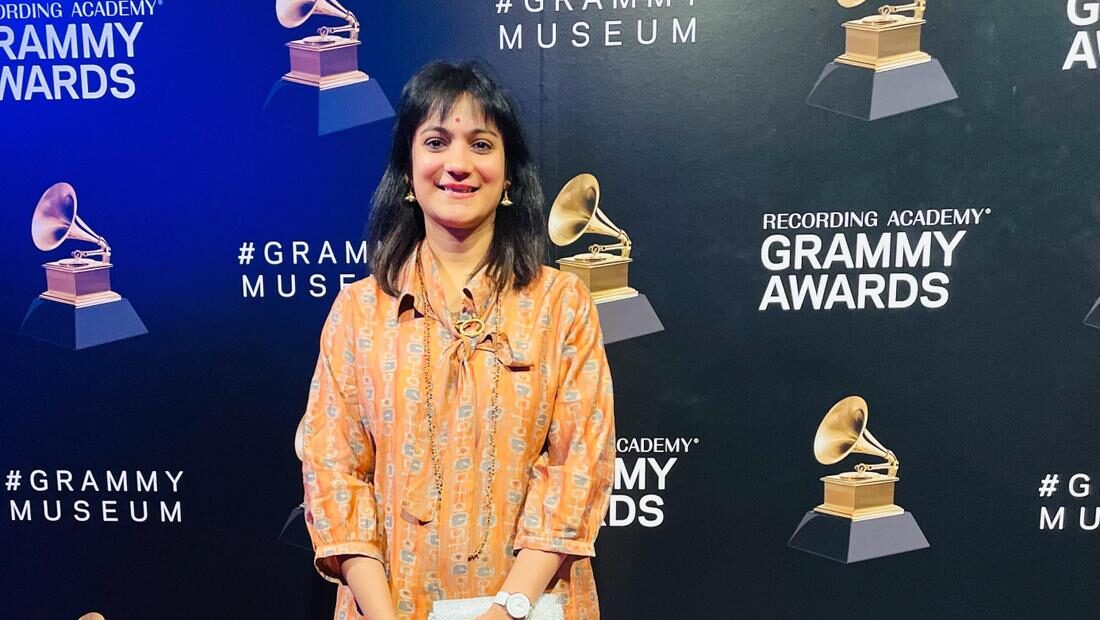By Rahul Das Putham
I absolutely love hitchhiking.
Back while I was in college, vices that kept me up late into the night ensured that I would routinely wake up late in the mornings (or the afternoons) in my hostel. Hitchhiking along the National Highway 66 thus became a necessity when I had to arrive at class on time to reduce my attendance deficits. What began in college as a habit to escape punishment has, over the years, evolved into a lifestyle that has offered me some wonderful experiences. My stories have featured my friends and me continually hitchhiking bikes, cars, trucks, and on one occasion, a freight train. Even today, I occasionally hitchhike to work dressed in formals.
During the last day of my trip to Brunei a few years ago, I was standing at the curb of a road and holding out my arm, hoping for a lift to the bus depot in Bandar Seri Begawan, the country’s capital. From the depot, I was to board a bus to the airport and then return to Kuala Lumpur. After the customary initial rejections, a driver agreed to take me, and I sat inside his hatchback. The man wore a t-shirt, shorts and flip flops, and must have barely been a few years older than me. After some small talk about my trip and my flight, he introduced himself as a Bolkiah - a member of the Brunei royal family. “Why would a royal drive a hatchback and wear Nike flip flops?” I first thought to myself. I could, however, tell from the man’s persona that he was telling the truth. Well-spoken and articulate, this was a man who oozed charisma.
Midway through our conversation about my trip, the man asked how I felt about Brunei’s food. I explained that I enjoyed the food, but preferred the variety offered in Malaysia. “Malaysian food!” he exclaimed, “says a lot about the country, don’t you think?” Explaining that a country’s food culture is an indicator of its values, he said that the local food in Malaysia was a manifestation of the country’s multiracial identity and historical openness. Malaysia, like its food, the architectural design of its iconic Petronas Towers, and a hundred other things about it, had managed to hit the sweet spot between ideals of Islamic values and Western progress. Brunei and the larger Islamic world had a lot to learn from it, he said.
From there, we chatted about the intricacies of Nasi Lemak and much more. The man ended up dropping me not at the bus depot as I had asked, but directly at the departures bay of the airport. Awed and a bit dazed, I got down from his car amazed at his intellect and grateful for the hospitality that I experienced – first-hand from a Bruneian who mattered.
Malaysia is a fascinating country to live in, and one of the major reasons that makes it so, is indeed, as the royal pointed out, the country’s exciting food culture. Over the centuries, the Malay Peninsula has witnessed ships arriving from India, China, Indonesia, the Middle East and Europe, making it a melting pot of culture and cuisine. A significant share of the country’s population today is either ethnic Chinese or ethnic Indian. Trade is, even today, a major contributor to Malaysia’s economy (it accounted for nearly 140% of Malaysian GDP in 2017) . Unlike the superficial pretense exhibited by hotspots like Dubai, Kuala Lumpur manages to strike the delicate balance between cosmopolitanism and the Malaysian identity.
Malaysian cuisine comprises both original and adapted dishes, with the adapted food, in many cases, tasting superior to the originals. South Indian Parottas and North Indian Parathas are ubiquitous in Malaysia and taste as good as the ones you would find anywhere in India; even so, Roti Canai, the country’s adaptation of the Parotta/Paratha, tastes better than both! I have enjoyed Satay, and the peanut-soy sauce that it served with, more than the famed kebabs I have had near Delhi’s Jama Masjid. Malaysian cuisine offers the best of everything that you would find in India, along with the best of Chinese, Malay, Japanese, Korean, Middle Eastern and continental food. Factor in the unusually low prices of Malaysian meals and it is hard not to fall in love with the country.
Unlike how corporate lunches in India usually take place in upscale or midscale restaurants, it isn’t uncommon for Malaysian corporates to discuss business while savoring their meals at “hawker centres” and food stalls situated in the dingy alleyways of the country. Malaysia also is a haven for food and travel bloggers.
Rightly (and hilariously), food is central to the Malaysian identity. Restaurants that are forced to shut down by the authorities create national headlines . While it isn’t uncommon for nations to want to restrict immigration, the Malaysian state of Penang, in 2014, interestingly passed a law banning immigrant cooks to “preserve the authenticity of the state’s local flavours” . Before Malaysia’s historic 2018 General Election, both the Prime Minister and the leader of the opposition hit out at MasterChef UK for their judges’ ignorance about the crispiness of chicken rendang - the issue was perhaps the only one where the two visceral enemies found common ground during the run-up to the hotly contested election. In an instance where a Malaysian shop sold Indian vadais by naming them Malay kuihs, the country’s ethnic Indians went up in arms on social media protesting against the cultural misappropriation of India’s history and heritage . Consequently, the restaurant was forced to issue a statement saying it respected all races and religions.

Sniffing an opportunity, the Malaysian government has acted in the right direction. When I was in London a few months ago, I was surprised to have learnt that Tourism Malaysia’s London office, prominently situated at Trafalgar Square, had in the past set up pasar malams, or night markets, to promote the Malaysian brand. In 2010, the Malaysian government kicked off “Malaysia Kitchen for the World”, a campaign to promote Malaysian cuisine globally. Just like how it has strived to make itself the centre of the world’s Islamic banking system, Malaysia has also worked towards making itself the centre of the world’s Halal food industry, in line with the country’s greater goal of posturing itself as a model Islamic country.
Malaysia isn’t the only country to have used gastrodiplomacy - or the use of cuisine as a source of Soft Power - to punch above its weight. In 2002, Thailand launched the “Global Thai program” as a means to increase the number of Thai restaurants across the world. The Thai government’s rationale, according to the Economist, was that the boom in restaurants, “will not only introduce delicious spicy Thai food to thousands of new tummies and persuade more people to visit Thailand, but it could subtly help deepen relations with other countries.”
Since then, countries, including South Korea (kimchi diplomacy), Taiwan (dim sum diplomacy) and Japan (sushi diplomacy) have all engaged in culinary diplomacy to boost their Soft Power. All this points to a huge need for India, whose homegrown cuisine is perhaps the most varied in the world, to effectively harness gastrodiplomacy as a source of Soft Power.
(Rahul Das is an engineer-turned-consultant who has grown up in Malaysia and India. His mixed upbringing, coupled with experiences that he has had during his travels, have inspired him to write a book on how India can boost her Soft Power)




